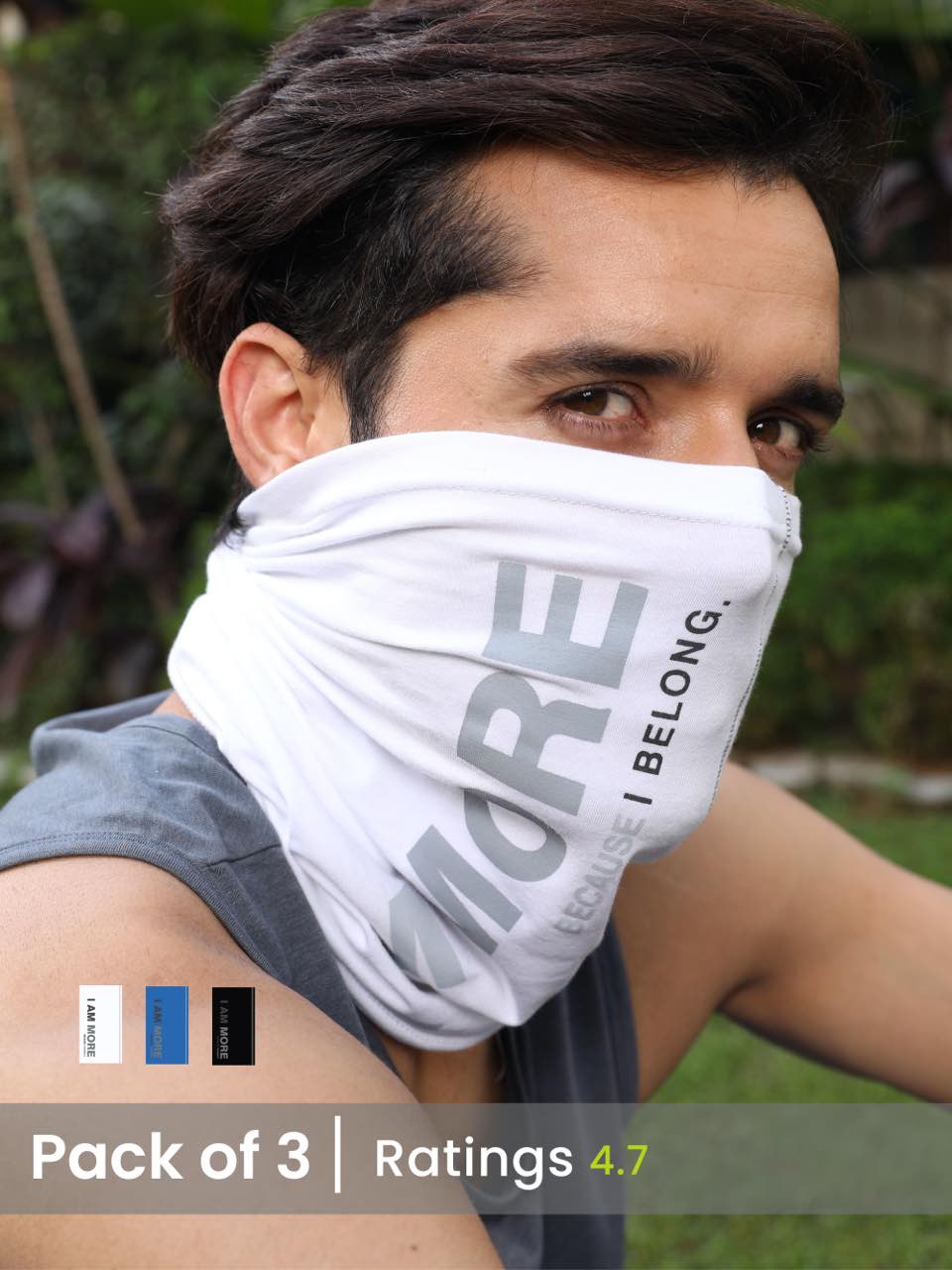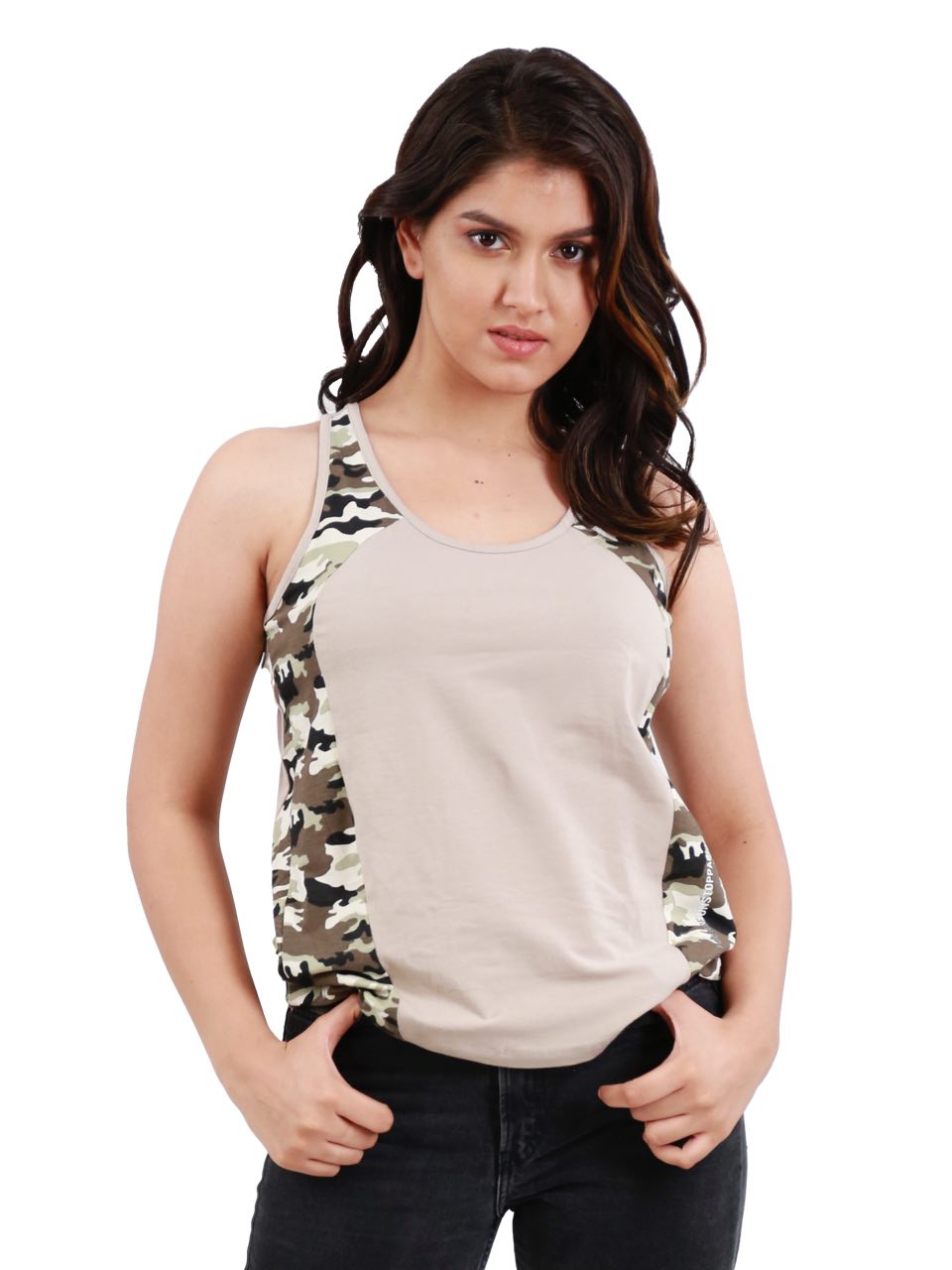Beyond fleeting fashion trends, the enduring appeal of the t-shirt lies in its inherent comfort and everyday practicality. But what truly separates a great tee from the rest? The answer is a masterful blend of soft comfort and durable fabric. Today, advancements in textile technology, like the rising popularity of recycled polyester blends that offer both a luxurious feel and reduced environmental impact, are reshaping expectations. We’ll explore the crucial factors that contribute to a tee’s superior comfort, from the fineness of the yarn to the knit structure. Then, we’ll dissect the elements responsible for long-lasting durability, including fiber strength, construction techniques. The impact of proper care. Understanding these core components empowers you to make informed choices and appreciate the science behind your favorite wardrobe staple.

The Allure of the Perfect Tee: More Than Just a Basic
The humble t-shirt. It’s a wardrobe staple, a blank canvas for self-expression. A symbol of casual comfort. But beneath its simple exterior lies a world of considerations regarding fabric, construction. Durability. Understanding these factors can elevate your t-shirt game from basic to brilliant, ensuring both superior comfort and long-lasting wear. The intersection of fashion & comfort is a critical point in today's apparel market.
Decoding Fabric Composition: The Foundation of Comfort and Durability
The fabric of a t-shirt dictates its feel, drape, breathability. Longevity. Here's a breakdown of some common materials:
-
Cotton: The king of comfort. Cotton is soft, breathable. Absorbent, making it ideal for everyday wear. But, it can be prone to shrinking and wrinkling. Different types of cotton exist, each with unique properties:
- Regular Cotton: The most common and affordable option.
- Organic Cotton: Grown without pesticides or synthetic fertilizers, making it a more sustainable choice.
- Pima Cotton: Known for its long fibers, resulting in a smoother, softer. More durable fabric. It resists pilling and fading better than regular cotton.
- Slub Cotton: Features intentional irregularities in the yarn, creating a textured, vintage look.
- Polyester: A synthetic fiber prized for its durability, wrinkle resistance. Moisture-wicking properties. It's often blended with cotton to enhance its performance. But, polyester isn't as breathable as cotton and can feel less comfortable in hot weather.
- Blends (Cotton/Polyester, Cotton/Modal, etc.) : Blends combine the best qualities of different fibers. For example, a cotton/polyester blend offers the comfort of cotton with the added durability and wrinkle resistance of polyester.
- Rayon/Modal/Lyocell: These are semi-synthetic fabrics derived from cellulose. They're known for their exceptional softness, drape. Breathability. Modal and Lyocell are more sustainable options than rayon.
- Linen: A natural fiber known for its breathability and unique texture. Linen is strong and durable but wrinkles easily.
Construction Counts: Stitching, Seams. Shape Retention
The way a t-shirt is constructed significantly impacts its durability and overall quality. Here are some key elements to consider:
- Stitching: Look for tight, even stitching. Double-needle stitching at the seams and hem indicates greater durability. Avoid t-shirts with loose or uneven stitching, as they are more likely to fall apart.
- Seams: Side seams should be straight and lie flat. Twisted seams are a sign of poor construction and can affect the fit of the t-shirt. Reinforced shoulder seams help prevent stretching and sagging.
- Neckline: The neckline should be well-constructed and retain its shape after washing. Ribbed necklines are more resistant to stretching.
- Fit: T-shirts come in various fits, including classic, slim. Oversized. Choose a fit that flatters your body type and personal style. Consider the length of the t-shirt as well.
Weight Matters: GSM and Fabric Density
GSM (grams per square meter) is a measure of fabric weight. A higher GSM indicates a denser, heavier fabric that is generally more durable and less see-through. T-shirts typically range from 120 GSM to 200 GSM or higher.
- Lightweight (120-150 GSM): Ideal for hot weather and layering. These t-shirts are often more affordable but may be less durable.
- Midweight (160-180 GSM): A good balance of comfort and durability. Suitable for everyday wear.
- Heavyweight (190+ GSM): More durable and less prone to shrinking or stretching. Often preferred for workwear or vintage-inspired styles.
Real-World Applications: From Everyday Wear to Performance Gear
The versatility of the t-shirt makes it suitable for a wide range of applications:
- Casual Wear: A comfortable cotton t-shirt is a classic choice for everyday wear.
- Activewear: Moisture-wicking polyester or blended fabrics are ideal for workouts and sports. These fabrics help keep you cool and dry.
- Workwear: Durable, heavyweight t-shirts are often used as uniforms or for labor-intensive jobs.
- Promotional Merchandise: T-shirts are a popular choice for promotional items due to their affordability and visibility.
- Fashion Statements: T-shirts can be used to express personal style through graphic designs, slogans, or unique fabrics.
The Sustainability Factor: Eco-Friendly Choices
As consumers become more environmentally conscious, sustainable t-shirt options are gaining popularity. Here are some factors to consider:
- Organic Cotton: As noted before, organic cotton is grown without harmful pesticides or synthetic fertilizers.
- Recycled Materials: Some t-shirts are made from recycled polyester or cotton, reducing waste and conserving resources.
- Ethical Production: Look for brands that prioritize fair labor practices and safe working conditions.
- Low-Impact Dyes: Conventional dyeing processes can be harmful to the environment. Low-impact dyes use less water and energy and are less toxic.
Washing and Care: Extending the Life of Your Tees
Proper care can significantly extend the life of your t-shirts. Here are some tips:
- Read the Care Label: Always follow the manufacturer's instructions.
- Wash in Cold Water: Cold water helps prevent shrinking and fading.
- Turn Inside Out: This helps protect the color and design.
- Use a Mild Detergent: Harsh detergents can damage the fabric.
- Avoid Over-Drying: Over-drying can cause shrinking and damage the fibers. Tumble dry on low heat or hang to dry.
- Iron on Low Heat: If needed, iron on low heat to avoid scorching the fabric.
Making the Right Choice: Combining Fashion & Comfort with Durability
Choosing the right t-shirt involves considering a combination of factors, from fabric composition and construction to weight and sustainability. By understanding these elements, you can find t-shirts that offer both superior comfort and long-lasting wear, ensuring that your wardrobe staples are both stylish and sustainable. Finding that intersection of fashion & comfort while maintaining durability is the key to a great purchase.
Conclusion
So, you're now armed with the knowledge to choose tees that offer both cloud-like comfort and iron-clad durability. Remember, it's not just about the feel against your skin; it's about longevity and making conscious choices. My personal tip? Invest in a few high-quality tees in neutral colors; they're the workhorses of any wardrobe and can be dressed up or down effortlessly. Think of them as your style foundation. And speaking of foundation, consider the environmental impact too. Look for brands committed to sustainable practices, like using organic cotton or recycled materials. The fashion industry is evolving, with more brands prioritizing ethical production. Your choice can make a difference! So go ahead, find those perfect tees that make you feel good inside and out. Wear them with confidence, knowing they're built to last. Check out these sustainable cotton tee options [https://www. Organicbasics. Com/](https://www. Organicbasics. Com/).More Articles
Tank Top – Lightweight Design & Moisture-WickingWomen's Tank Top for Women – Soft Fabric & Flattering Fit
Boxers – Relaxed Fit & Ultimate Breathability
Briefs – All-Day Support & Enhanced Comfort
FAQs
So, what makes these tees so darn soft?
Ah, the secret's in the fabric! We're talking high-quality cotton, often combed or ring-spun. Combed cotton has had shorter fibers removed, leaving only the longest and finest, resulting in a smoother feel. Ring-spun cotton is made by twisting and thinning the cotton strands to make a very fine, strong. Soft rope of cotton fibers.
Durable, huh? How long will one of these shirts actually last me?
That really depends on how you treat it! But, generally, with proper care (washing inside out, avoiding harsh detergents, not throwing it in the dryer on high heat every time), a good quality, durable tee should last you a few years. Look for things like reinforced seams for added longevity.
Are these tees prone to shrinking in the wash?
Shrinkage is always a possibility with cotton. Pre-shrunk fabrics are your friend here! Check the product details to see if the tee has been pre-shrunk. If not, washing in cold water and air drying can minimize any potential shrinkage.
What kind of activities are these tees good for? Can I wear them to the gym?
Absolutely! While a 100% cotton tee might not be the most performance-oriented fabric for super sweaty workouts, it's perfectly fine for light exercise or everyday wear. If you're hitting the gym hard, consider a cotton blend with moisture-wicking properties.
Okay. What's the deal with different cotton types? Like, what's the difference between regular and organic?
Great question! Organic cotton is grown without the use of synthetic pesticides, herbicides, or fertilizers. Regular cotton may use these, which can have environmental impacts. Organic cotton is often considered a more sustainable and eco-friendly choice. It can sometimes feel a bit softer too.
Do these tees hold their color well, or will they fade quickly?
A good dye job is key! Look for tees that use high-quality dyes. Washing inside out helps preserve the color longer. Direct sunlight can also fade colors, so try to dry your tees in the shade whenever possible.
Are these tees breathable? I hate feeling like I'm wearing plastic.
Yep, breathability is one of cotton's strong suits! It allows air to circulate, which helps keep you cool and comfortable. That's why cotton tees are so popular, especially in warmer weather. Just be mindful that very thick cotton fabrics might not be as breathable as lighter ones.





